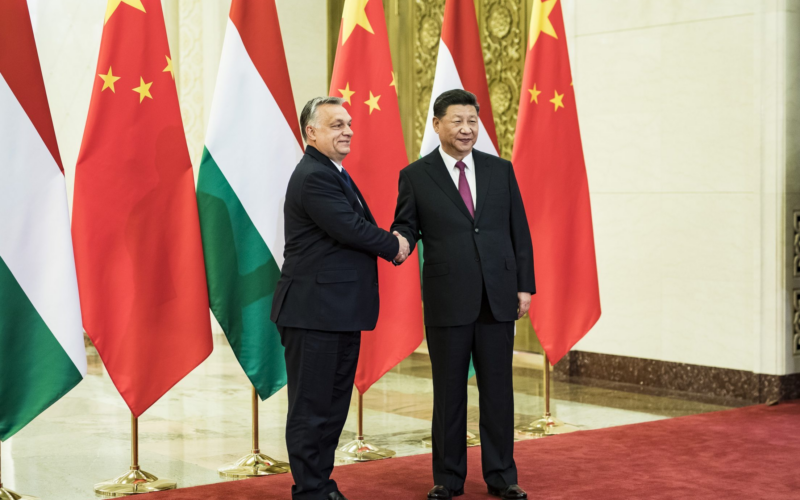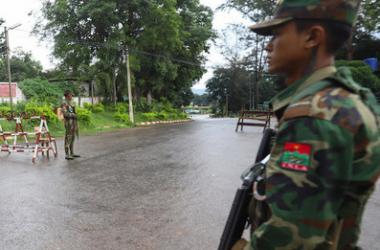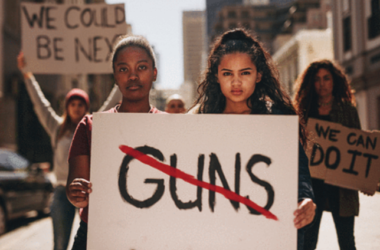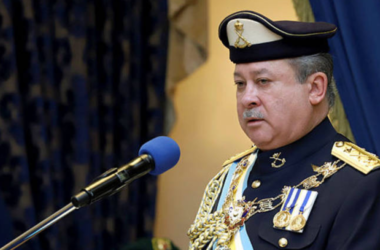Hungarian Prime Minister Viktor Orbán arrived in Beijing on Monday morning, continuing his unexpected diplomatic endeavors regarding the Russia-Ukraine conflict. This visit comes shortly after a surprise trip to Moscow to meet Russian President Vladimir Putin, which drew significant criticism from other European Union leaders.
Orbán’s travels appear to be part of a self-styled “peace mission,” which he referred to as “Peace Mission 3.0” in a post on X (formerly Twitter) after landing in China. The Hungarian leader emphasized the importance of China’s role in seeking a resolution to the conflict, stating, “China is a key power in creating the conditions for peace in the Russia-Ukraine war.”
In Beijing, Orbán met with President Xi Jinping, according to Chinese media. This encounter aligns with Orbán’s remarks during his return flight from Moscow, where he hinted at further unexpected diplomatic engagements.
The timing and nature of Orbán’s visit to Beijing have attracted attention, especially given his recent controversial meeting with Putin. That meeting led to a diplomatic uproar within the EU, with various leaders criticizing Orbán and the EU diplomatic service issuing a statement to clarify that Orbán’s actions did not represent the EU’s stance. His Moscow trip was perceived by some as undermining the EU’s collective position on the Russia-Ukraine conflict.
Orbán’s Beijing visit also comes against the backdrop of Hungary’s significant economic ties with China. China is Hungary’s largest foreign investor, and the bilateral relationship was reinforced earlier this year by a state visit from President Xi to Hungary.
Notably, Orbán’s foreign visits have caused a ripple effect in diplomatic schedules. For instance, a meeting between Hungarian Foreign Minister Péter Szijjártó and German Foreign Minister Annalena Baerbock, which was planned for Monday, was canceled by the Hungarian government.
Orbán’s recent moves indicate a pursuit of independent diplomacy, which he suggests is aimed at fostering peace in the ongoing conflict, though it continues to provoke mixed reactions from the international community.








